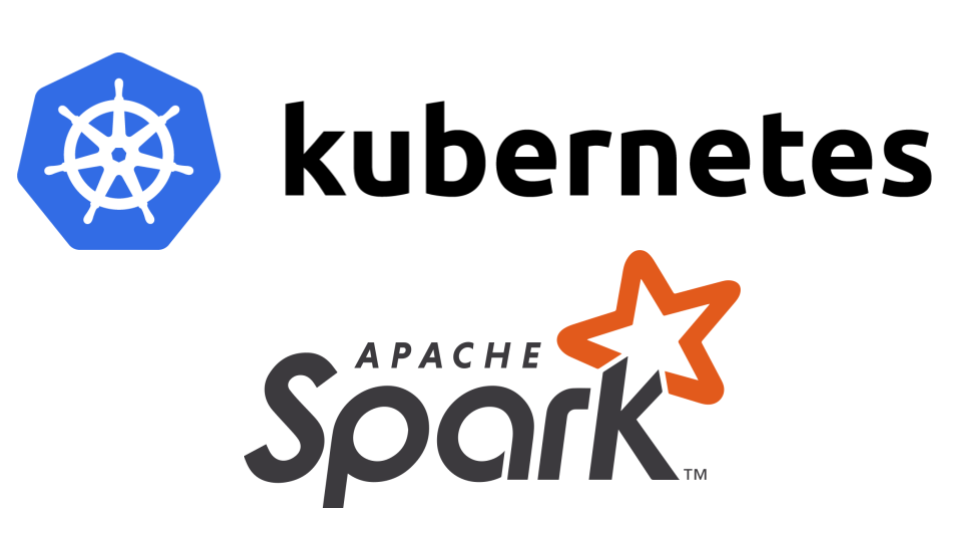
What I’ve greatly feared has come to pass. I’ve come to love on of the most confusing parts of Python. AysncIO. It has this incredible ability for data engineers building pipelines in Python to take out so much wasted IO time. It saves money. It’s faster. People think you’re smarter than you are. Tutorials are one thing but implementing it in your complex code is typically mind bending and a test of your patience and self-worth.
Read more








